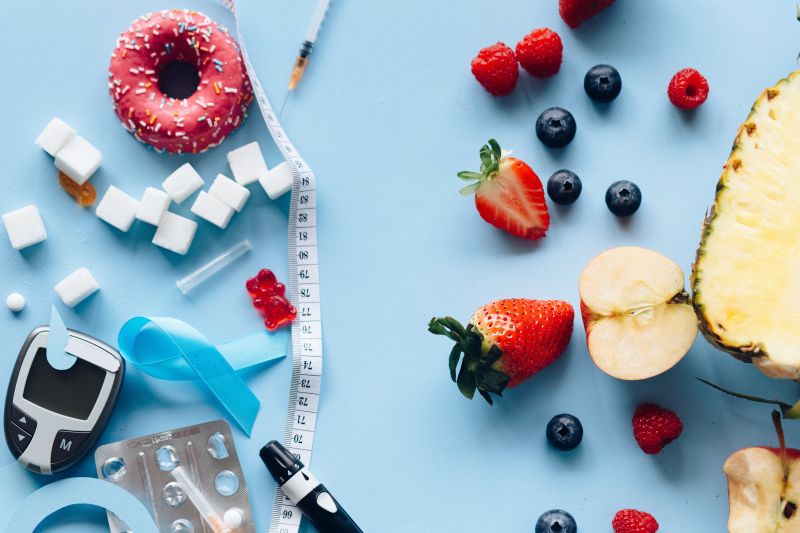Expert advises diabetes patients on fasting during Ramadan
As the holy month of Ramadan approaches, diabetes patients have to take extra precautions to ensure that they fast safely. Dr. M. Ikhsan Mokoagow, a metabolic endocrinology and diabetes specialist, has advised diabetes patients to pay attention to certain things while fasting to avoid complications.
The first and foremost advice is not to skip the pre-dawn meal (sahur) to ensure that energy reserves during the day are sufficient and to avoid developing hypoglycemia. Dr. Mokoagow stated that the caloric needs of diabetes patients do not change during Ramadan, and that the composition of the meal should be 40-50% when breaking the fast and 30-40% during sahur, with an additional 10-20% of healthy snacks.
The doctor advises that sahur should be taken close to the dawn prayer time and the fasting should be broken right away to avoid prolonged low blood sugar levels. Patients with diabetes should avoid overeating during sahur and when breaking the fast since controlling portions is essential for blood sugar and weight management.
Dr. Mokoagow recommends an increased intake of fiber-rich foods such as brown rice, wheat, vegetables, and fruits for longer satiety. Fried foods and excessively sweet foods should be avoided since fried foods build up body fats leading to increased blood sugar levels, and sweet food products disturb blood sugar balance.
It is also important for diabetes patients to maintain good hydration levels to prevent dehydration, particularly during fasting. Since caffeine-containing drinks like tea and coffee can increase urination, leading to dehydration, Dr. Mokoagow recommends drinking plain water and avoiding canned juices or fresh juices with added sugar or syrup.
Dr. Mokoagow also reminded diabetes patients to frequently check their blood sugar levels throughout Ramadan, have regular medical check-ups, and consult with their doctors. In case of any signs of hypoglycemia, such as sweating, shaking, or dizziness, diabetes patients should stop fasting and consume sweet food or drinks like candy, sweet tea, or fruit juice to raise their blood sugar levels.
Lastly, Dr. Mokoagow reminds diabetes patients to exercise moderately during Ramadan to maintain their fitness while avoiding hypoglycemia. Overall, diabetes patients need to follow a strict healthy lifestyle, adhering to medical advice, and taking necessary precautions while fasting during Ramadan.
